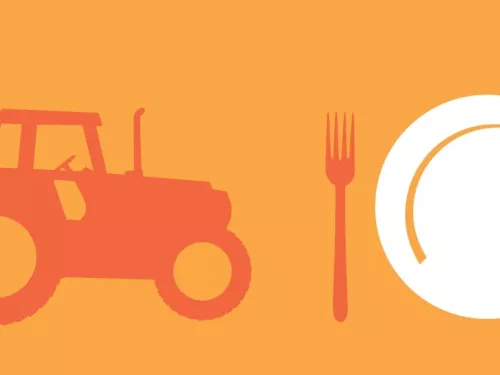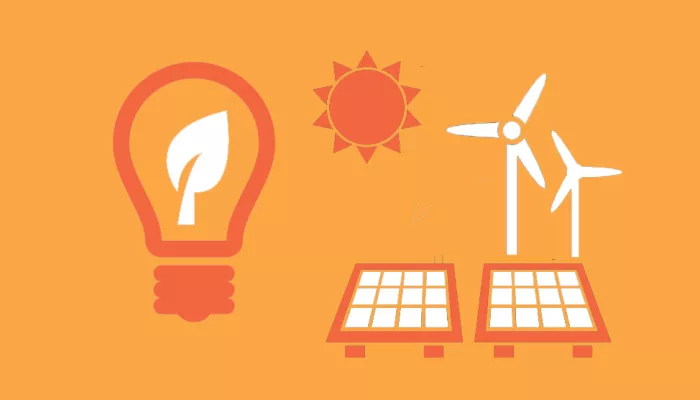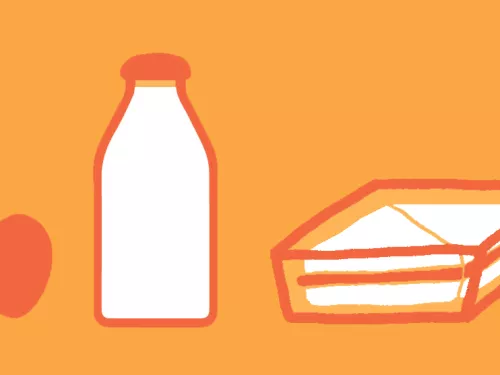
Change what you eat
Buy local produce, eat more plant-based foods and reduce your food miles to shrink your environmental footprint.

Energy used in buildings accounts for around 17% of total emissions. Reducing your household energy use by making efficiency savings, switching to a renewable energy supplier, or installing a heat pump will help cut down.
The current energy crisis has shone a spotlight on the need for Government to get the UK off fossil fuels, and support UK households and businesses to switch to renewable energy sources.
Here are some tips to reduce the emissions from your energy use:
Our homes leak a lot of heat so it's worth seeing what you can do to be more energy efficient! You can buy draught-proofing strips for windows, add brushes to the bottom of doors and ensure your loft and wall insulation is up to scratch. You can also reduce drafts from chimneys and floorboards. The Energy Saving Trust guide is a great place to start. However, make sure you also have enough ventilation to ensure good air quality and cooling in summer. Switching to double glazing will also improve your home's energy efficiency.
Another one that saves you money! A Uswitch survey found that a household can save up to £80 a year by turning the heating down just one degree. And that means saving the planet around 300kg of CO2! So make sure you're heating is down, or off when you're not in, and invest in some toasty knitwear this winter!
Not only is green energy better for the planet, it can also save you money! Green energy is usually generated by wind power and solar. When you move to a green supplier the energy coming into your house will not change. Instead you are enabling your supplier to purchase enough renewable energy to cover what your home uses. Compare different tariffs and look for terms such as 'renewable electricity' and 'renewable gas'.
Most boilers heat our homes with natural gas, which produces carbon dioxide when it is burned. One alternative is using a heat pump. Heat pumps absorb heat from the outside to heat up your home. And they even work in cold weather, and some also provide cooling in summer! They need electricity to run but their heat output is greater than their electricity input - making them very energy efficient.
Installing solar panels on your home is a big investment but you’ll see the return. Not only do they generate clean energy, but you can save hundreds on your bills each year and get paid for any excess energy your panels generate. Solar panels need predominantly south-facing, unshaded roofs with a fair bit of space. Diagonal roofs catch the most rays and, ideally, you want to check your roof is in good condition before you start.
Emissions from buildings need to become zero by 2050
Here are some budget-friendly, energy and emissions savings tips!


Buy local produce, eat more plant-based foods and reduce your food miles to shrink your environmental footprint.

10 tips to reduce food waste today!

Palm Oil is a cheap, efficient form of vegetable oil, but a lot of species-rich tropical habitat is being destroyed to make way for it.